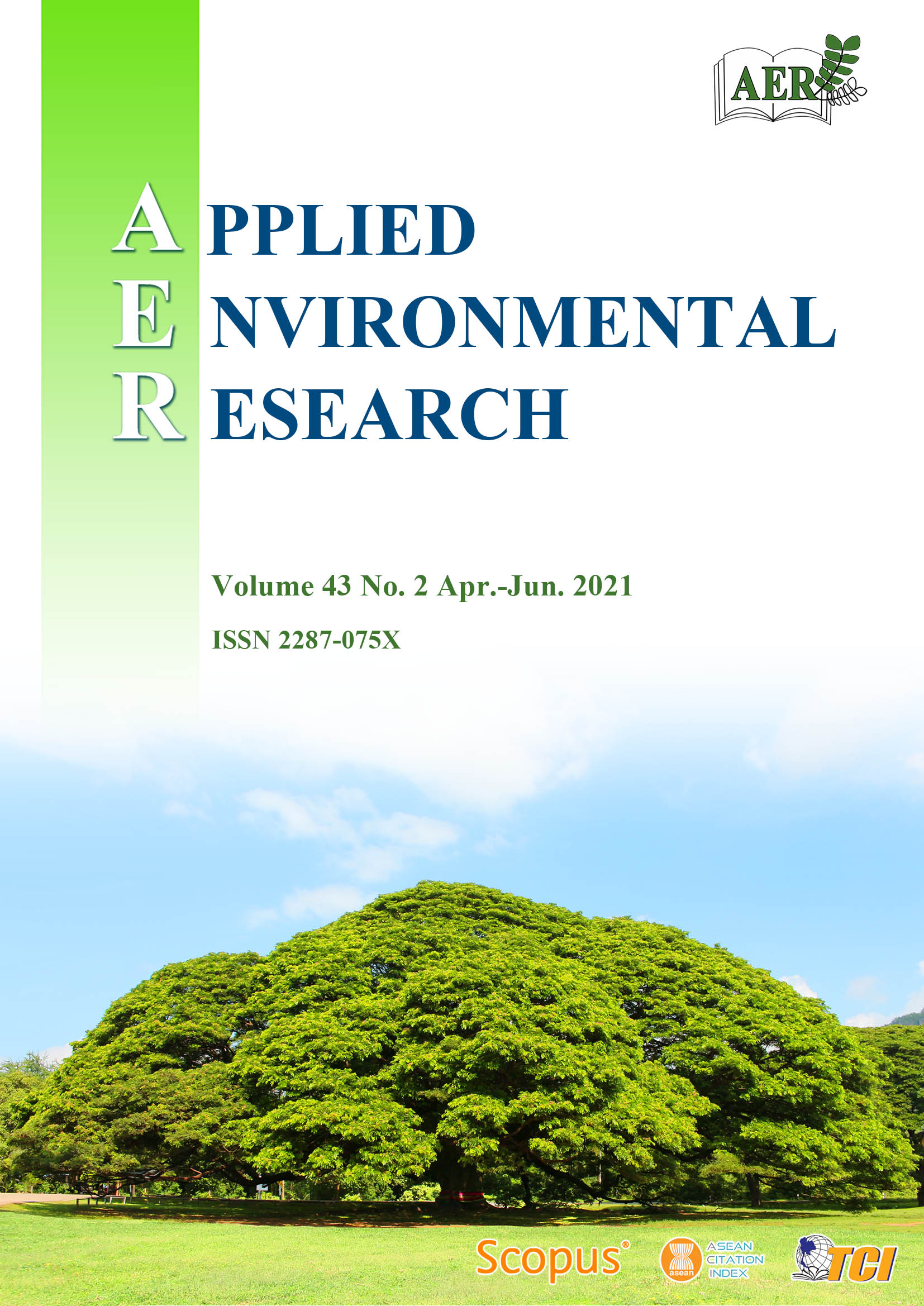A Study of Policy Implementation and Community Participation in the Municipal Solid Waste Management in the Philippines
Main Article Content
Abstract
Municipal solid waste (MSW) management has become one of the most pressing environmental concerns of the Philippines at present. Several measures have been implemented to circumvent this issue, including waste management policies stipulated in the Ecological Solid Waste Management Act of 2001. However, the implementation of these policies even at the barangay level has always been a challenge. Hence, this study assessed the compliance of selected barangays in Cebu City, Philippines, specifically to the integrated solid waste management plan based on the 3R’s (reduce, reuse, and recycle). A descriptive quantitative method was utilized in this study. There were 1523 residents and 30 Barangay Environment Officials identified as respondents based on Slovin’s sampling method at a 95% confidence level. The results revealed that there is less extent of compliance in almost all of the SWM policies such as segregation, composting, recycling, incentives, and public information. There is a moderate extent of compliance in terms of collection and transport of solid waste and enforcement of penalties and fines. However, there is non-compliance in terms of facilities for final disposal. Furthermore, the results suggested that effective measures for recycling and composting should be undertaken to encourage higher participation among residents of the barangay. The presence of effective, functional, and marketable materials resource facilities and convenient drop-off locations for recyclable materials ensure final sorting according to its type for composting and recycling.
Article Details

This work is licensed under a Creative Commons Attribution-NonCommercial 4.0 International License.
Published articles are under the copyright of the Applied Environmental Research effective when the article is accepted for publication thus granting Applied Environmental Research all rights for the work so that both parties may be protected from the consequences of unauthorized use. Partially or totally publication of an article elsewhere is possible only after the consent from the editors.

